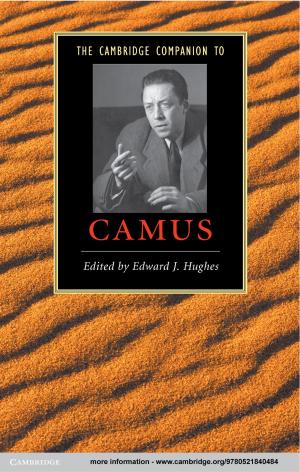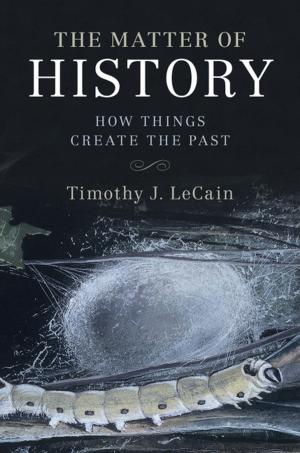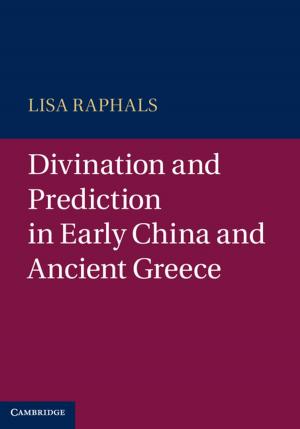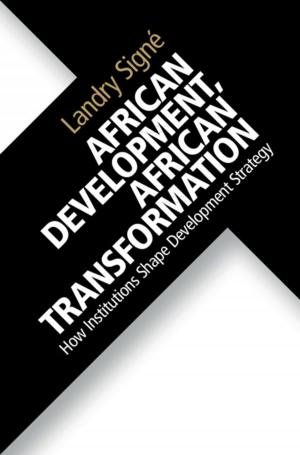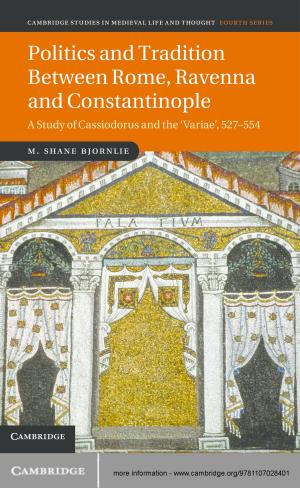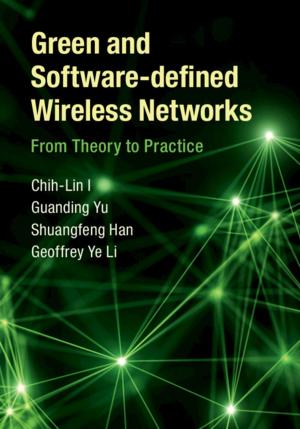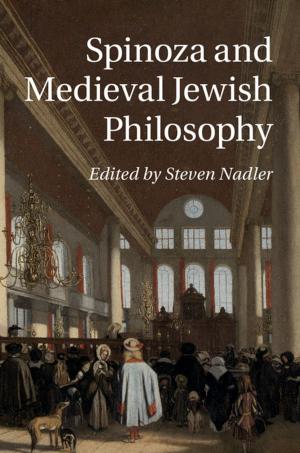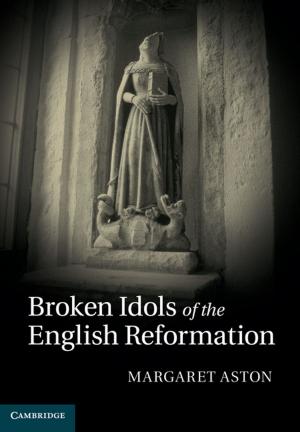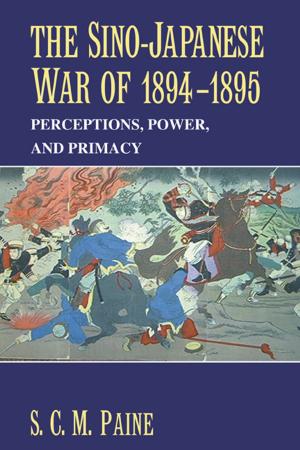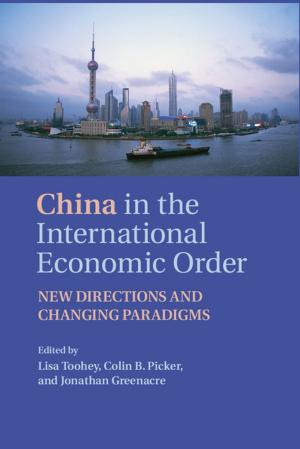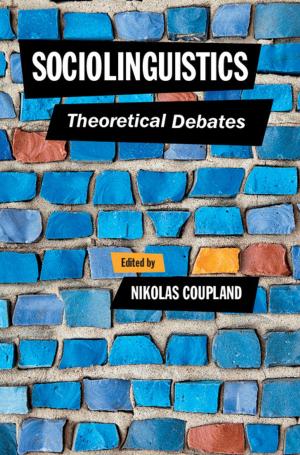Apocalypse and Anti-Catholicism in Seventeenth-Century English Drama
Fiction & Literature, Literary Theory & Criticism, British, Nonfiction, Entertainment, Drama| Author: | Adrian Streete | ISBN: | 9781108245142 |
| Publisher: | Cambridge University Press | Publication: | August 17, 2017 |
| Imprint: | Cambridge University Press | Language: | English |
| Author: | Adrian Streete |
| ISBN: | 9781108245142 |
| Publisher: | Cambridge University Press |
| Publication: | August 17, 2017 |
| Imprint: | Cambridge University Press |
| Language: | English |
This book examines the many and varied uses of apocalyptic and anti-Catholic language in seventeenth-century English drama. Adrian Streete argues that this rhetoric is not simply an expression of religious bigotry, nor is it only deployed at moments of political crisis. Rather, it is an adaptable and flexible language with national and international implications. It offers a measure of cohesion and order in a volatile century. By rethinking the relationship between theatre, theology and polemic, Streete shows how playwrights exploited these connections for a diverse range of political ends. Chapters focus on playwrights like Marston, Middleton, Massinger, Shirley, Dryden and Lee, and on a range of topics including imperialism, reason of state, commerce, prostitution, resistance, prophecy, church reform and liberty. Drawing on important recent work in religious and political history, this is a major re-interpretation of how and why religious ideas are debated in the early modern theatre.
This book examines the many and varied uses of apocalyptic and anti-Catholic language in seventeenth-century English drama. Adrian Streete argues that this rhetoric is not simply an expression of religious bigotry, nor is it only deployed at moments of political crisis. Rather, it is an adaptable and flexible language with national and international implications. It offers a measure of cohesion and order in a volatile century. By rethinking the relationship between theatre, theology and polemic, Streete shows how playwrights exploited these connections for a diverse range of political ends. Chapters focus on playwrights like Marston, Middleton, Massinger, Shirley, Dryden and Lee, and on a range of topics including imperialism, reason of state, commerce, prostitution, resistance, prophecy, church reform and liberty. Drawing on important recent work in religious and political history, this is a major re-interpretation of how and why religious ideas are debated in the early modern theatre.


